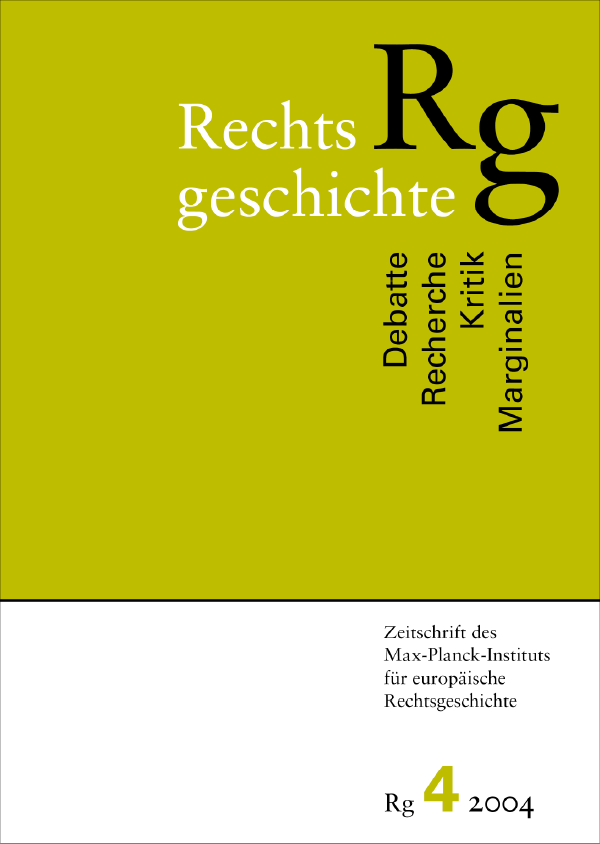Rom als Gedächtnis der Evolution
DOI:
https://doi.org/10.12946/rg04/142-161Abstract
Memory, ideas, the presence of Rome are all constructions of an observer. The middle ages and the Renaissance, the classical and the romantic age have always constructed their own and different images of Rome. The realities of Rome are the realities of these constructions. To remember something is not the same as memory. To remember something is just the one side of a difference by which memory works. Also Rome had its memory, a memory which obviously was already at work in order to allow Rome to become able to recognize herself as such. By its memory the city continuously updated and confirmed its identity, i.e. reproduced its own difference. The fiction of origin, legitimated by supremacy, connected this supremacy to its original nature. And the mythology of origin served as a plausible fundament for the selfdescription of the city as the image of the world, its order, magnitude and harmony. The world belongs to the city – which means the paradox of inclusion – and is at the same time outside the city. It remains hidden that the other side is included, because the other side is excluded. The paradox requires that this asymmetric relation remains existing and always reproduced. The paradox of inclusion is fundamental for the supremacy of the city over the world. And the medium of this supremacy is called power. The evolution of memory is the evolution of power in supremacy.
Downloads
Veröffentlicht
Zitationsvorschlag
Ausgabe
Rubrik
Lizenz
Copyright (c) 2004 Autor/in

Dieses Werk steht unter einer Creative Commons Namensnennung - Nicht-kommerziell - Keine Bearbeitung 3.0 International -Lizenz.





